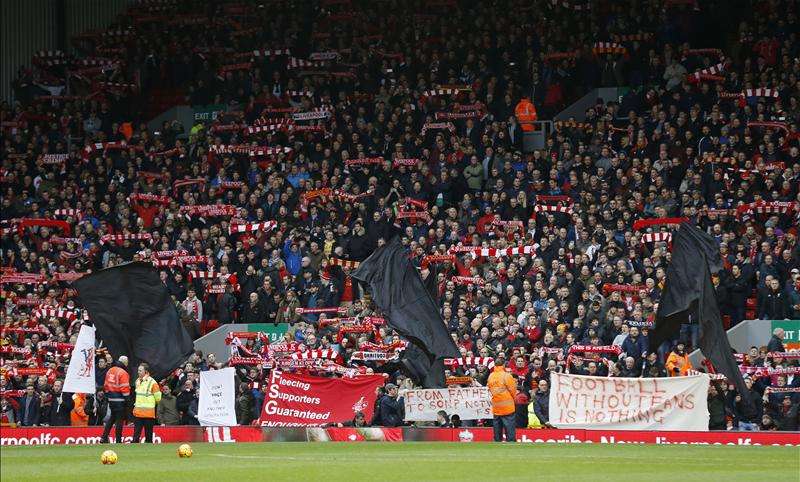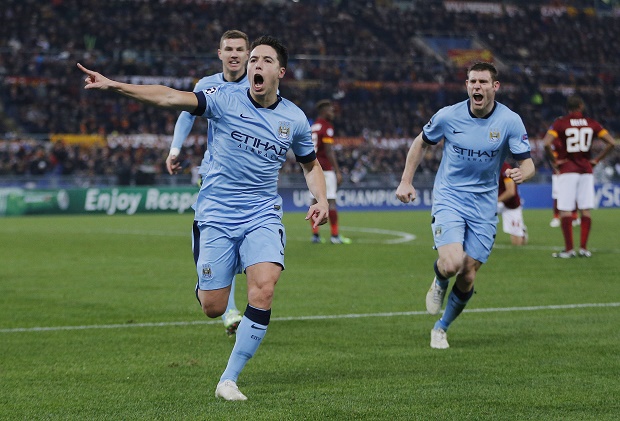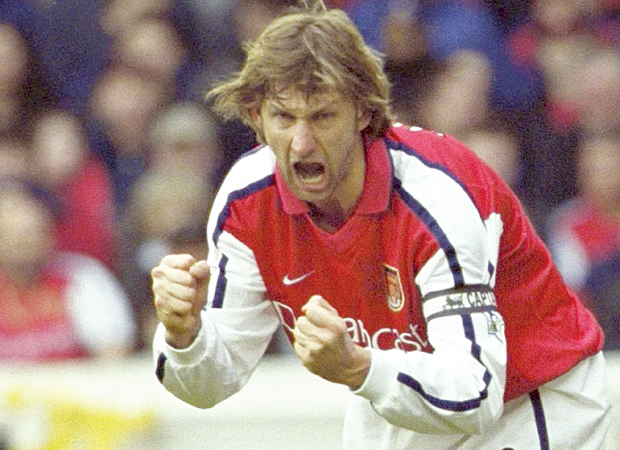
 By Jonathan Cowley
By Jonathan Cowley
Ticket prices. A topic that has been a hot source of debate in recent years. It got a whole lot hotter back in February of last year when the Premier League sold television rights for 2016-2019.
The price paid for those rights totalled an eye-watering £5. 136bn, split between long-time broadcaster Sky and relative new kid on the block BT Sport. That figure was a staggering 71 per cent more than the two paid last time around.
It is highly doubtful that the parties involved in this process intended to stoke the fire surrounding tickets, but stoke it they did.
More money for the clubs provides them the ability to offer some of the world’s most exciting players mouth-watering contracts that trump rival bidders from abroad. How do they plan to counter this? By charging the fans extra, of course. The BBC’s ‘Price of Football’ study in 2014 revealed that the average ticket price had risen at nearly twice the rate of the cost of living since 2011. Compelling evidence that this problem is in full swing. Rumblings of discontent had grown, becoming ever more deafening, yet they continued to be ignored – until…
Liverpool’s ownership had planned to increase some matchday prices from an already extortionate £59 to £77 for next season.
A brutal kick in the collective stomach of not just Liverpool fans, but football fans everywhere. If one club does it and gets away with it, it would be a safe bet to assume tens of other will try it too.
What came next wasn’t the first protest on ticket prices, although it was perhaps the first of its kind.
There had been numerous occasions where banners, chants and various other means had been used to voice displeasure.
Liverpool fans went for something a little different, something that would generate more publicity. Thankfully, it worked.
In the 77th minute of Liverpool’s home fixture against Sunderland on February 6, thousands of Reds fans did the talking with their feet. Hoards of supporters, encouraged by supporters’ groups Spirit of Shankly and Spion Kop 1906, dashed for the exits, hollering ‘enough is enough’.
Before this particular game, Spion Kop 1906 took to the increasingly powerful medium of Twitter to offer their views and announce the plan: “Sunderland at home on Saturday,[is] the first stage of many planned protests against the club in regards to the ticket prices at Anfield for the 2016/17 season. . . . . Every week we get right behind the team, now supporters need to get behind each other. Let’s make sure the owners know this is unacceptable. On 77 minutes, leave your seat and walk out. Tell your mates and family, tell the people around you, tell them why. Walk out on 77 minutes and show you care. Love the team – Hate the prices. “
This caused Fenway Sports Group, Liverpool’s owners, to revert back to current prices, alongside a number of other changes. The fans had won this particular battle, but the war goes on.
However, I must acknowledge that Premier League clubs have done some good in recent seasons, and seem more engaged in doing so this year, too.
The 2015 version of the BBC’s ‘Price of Football’ study revealed that 18. 09 per cent of prices in the UK were reduced and 51. 91 per cent were frozen.
Indeed, Liverpool’s cross-city rivals Everton announced in March that they had reduced all adult season tickets by at least five per cent.
March saw the supporters chalk up another victory. Previously, allocations had only been made to subsidise ticket prices for travelling fans at select games.
Now, the 20 Premier League clubs agreed to impose a cap on ticket prices for away supporters. From the beginning of next season, away fans will pay no more than £30 per game. Marked progress.
Undoubtedly, this is a magnificent advancement for the most ardent of football fans – those that, come rain or shine, are there to back their team.
Away supporters deserve something back from the clubs they sacrifice so much for and while this is a start, in reality, it is simply not enough.
The price war is set to continue. Home supporters are seeing price freezes in many cases, but few are seeing price drops. Some will even see increases, leading to further incredulity. In short, there is still much ground to be covered. Television deals like the one finalised in 2015, and the many before it, have made the Premier League arguably the most global league in the world.
Largely coinciding with the start of the Premier League, these type of deals have essentially converted football into a business. Fans from every corner of the globe now have access to the English top flight and are, to all intents and purposes, customers.
In addition, there are naturally many who want to come and sample a game first hand, and those that are able generally will do.
Like many things, football is all about supply and demand. In this context, supply for any given game is relatively limited and the demand often far outstrips it.
Gone are the days where football was a ritual for the majority of fans, something they did nigh on every week.
Now, more than ever, it is perceived almost as a treat, something you plan long in advance and do only very rarely.
Thousands of fans just like that flock from abroad, and these shores too, willing to pay whatever it takes to witness a game – and that leads to the crux of the issue.
The influx of fans from nations across the world hasn’t particularly affected away support. Those that want to attend away fixtures usually have no problem in doing so, helped by loyalty schemes and ticketing criteria.
The bigger issue remains with home support where prices appear set to remain at rather more exorbitant levels, levels that the average person simply cannot afford to pay on a regular basis.
Regardless of what these many other loyal fans, who have stuck with their team through thick and thin, do to protest for change, the reality is that there will always be someone else prepared to cough up the money instead, should they choose not to.
Whilst the demographic of attendances may alter, the numbers don’t – not significantly enough anyway.
Will we ever see a return to days where football was the affordable game for everyone, no matter what their background was? Possibly. Will it happen imminently? That is unquestionably more doubtful.
We have seen small victories recently, but there is a long way to go. Football is becoming far too exclusive.
Premier League clubs should consider very carefully how they use the TV windfall, because if they don’t, it is only themselves who they will hurt in the long run. Football is nothing without the fans, much like a business is nothing without its customers.








